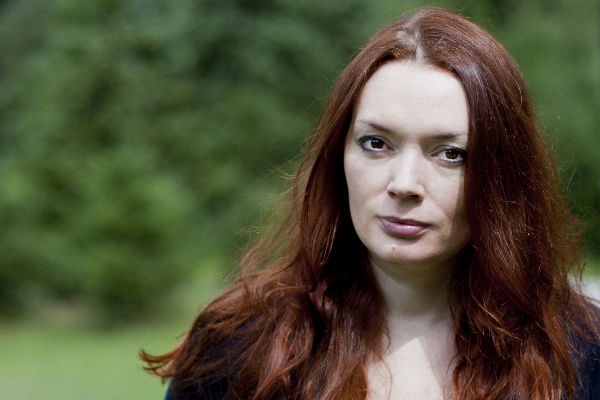Zoё Beck

»Wild boar, wolves, and even bears are on the increase.«
Zoё Beck lives in Berlin and is the author of several crime novels. She translates literature from English into German and runs the independent publishing house CulturBooks with Jan Karsten. She is also politically active as an author and as a part of the alliance #verlagegegenrechts (publishers against the right) and the feminist authors' association "Herland". Her thriller "Paradise City" (2020) is about a totalitarian health surveillance regime. It takes place in a grim future in which an all-powerful, centralised system rules over a land of pandemics, monitoring apps and climate change. Finishing the manuscript shortly before the COVID-19 pandemic hit, Zoë Beck seems to have anticipated the arrival of this very real virus and the global unravelling that followed. Sometimes reality exceeds even the wildest scenarios in literature. And we are seeing this more and more often.
»They agree on how terrible the incident was and that something urgently has to be done to keep the wild animals out here under control. Wild boar, wolves, and even bears are on the increase. Whatever next. Liina pretends to ponder the men’s misgivings very seriously and reassures them of her good standing in government circles as a zoologist, saying she’ll bring up the region’s problems at the next opportunity. Karl, Fritz and Igor glug back their beer and tell her how hard it is to survive out here every day – three men all alone in the village, with the nearest civilisation ten kilometres away, and how difficult it all is but how they somehow manage and don’t want to moan because rural life has to go on, even if the government doesn’t see it that way and keeps urging them to resettle.«
A thriller depends on a good plot and the art of suspense. "Paradise City" is a near-future novel about resistance against a totalitarian surveillance system. It is interesting for cli fi because the setting is so affected by climate change that no one can deny the problem exists. The whole natural world becomes a setting for the revealing of signs. The Rhine-Main area has become a huge urban conglomerate, as has Uckermark, a characteristically rural countryside province in eastern Germany. The return of animals which have long since emigrated from these areas also becomes a sign for the shifts in climate. The addition of dangerous jackals that supposedly bite people to death, however, does not necessarily refer directly to climate change. Within the many layers of the novel is also a plot line about an ostracized society in revolt against growth ideology, consumer culture and the surveillance state.